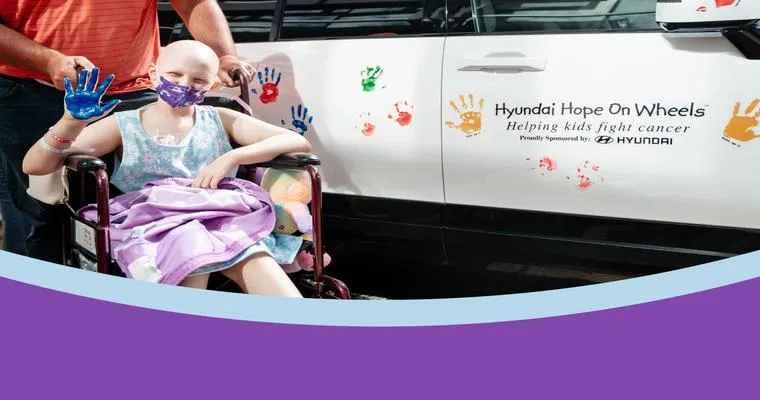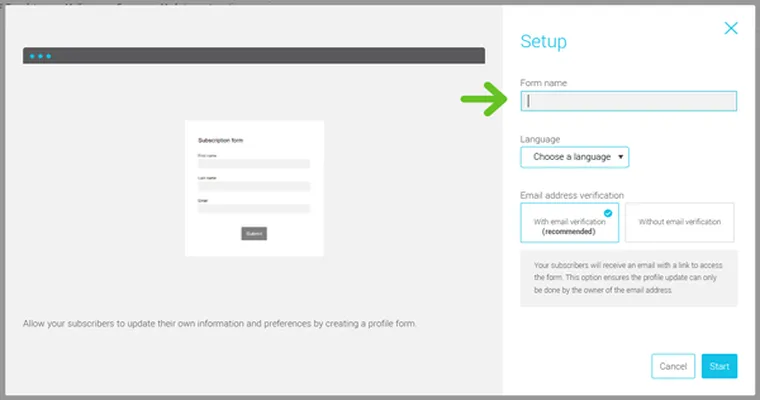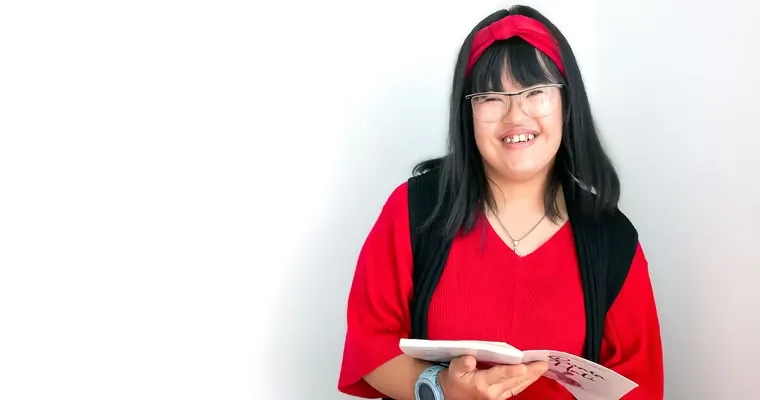Living with a disability can often mean that "simple tasks" become complex challenges. From navigating "public spaces" to accessing essential services, the day-to-day realities for individuals with disabilities can be fraught with obstacles. This article explores the myriad ways in which life is not as straightforward as it may seem for those with disabilities, highlighting the importance of understanding and support from society.
For many disabled individuals, even the most mundane activities like grocery shopping or using public transportation can turn into significant hurdles. "Accessibility" is a major concern, as many buildings and facilities are not designed with the needs of the disabled in mind. Ramps may be missing, elevators may be out of service, or pathways may be obstructed, making it difficult for individuals who rely on "mobility aids" to navigate their environment safely.
Moreover, the lack of "accessible technology" can further complicate matters. While innovations in technology have made life easier for many, disabled individuals often find that software and devices do not cater to their specific needs. This can lead to feelings of frustration and exclusion from a world that is increasingly reliant on digital solutions.
Employment is another area where simplicity is often lacking for individuals with disabilities. Despite various laws and initiatives aimed at promoting "inclusivity" in the workplace, many disabled individuals still face discrimination or are offered limited opportunities. This not only affects their financial stability but also impacts their sense of purpose and belonging in society.
Social interactions can also be challenging. The stigma associated with disabilities often leads to isolation, making it hard for individuals to form connections and friendships. The societal tendency to overlook the needs of disabled individuals can make it feel as if they are invisible, further complicating their desire for community and support.
To address these challenges, it is imperative for society to prioritize "inclusivity" and "accessibility". This can involve advocating for better infrastructure, supporting policies that promote equal opportunities, and fostering a culture that embraces diversity in all its forms. By making simple adjustments in our environments and attitudes, we can help create a world where nothing is overly complex for the disabled.
In conclusion, acknowledging that nothing is simple for the disabled is the first step toward making meaningful changes. As a society, we must strive to eliminate barriers and promote understanding so that individuals with disabilities can lead fulfilling lives without unnecessary complications. Embracing this responsibility not only benefits those with disabilities but enriches our communities as a whole.





